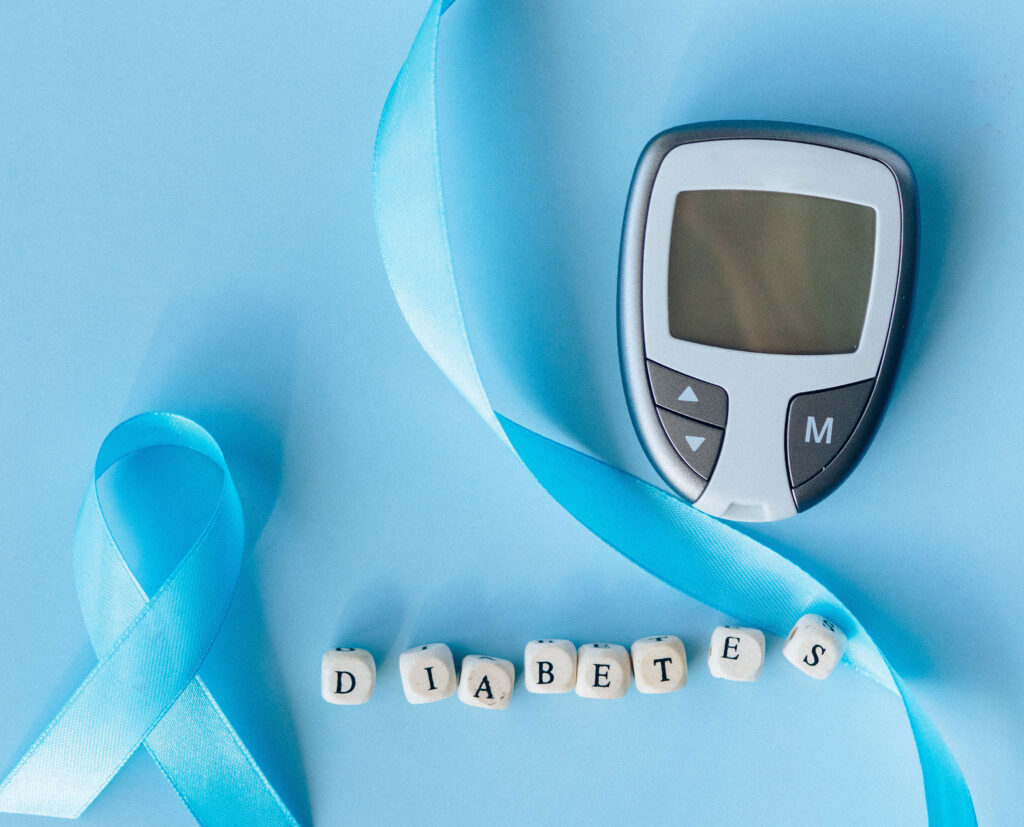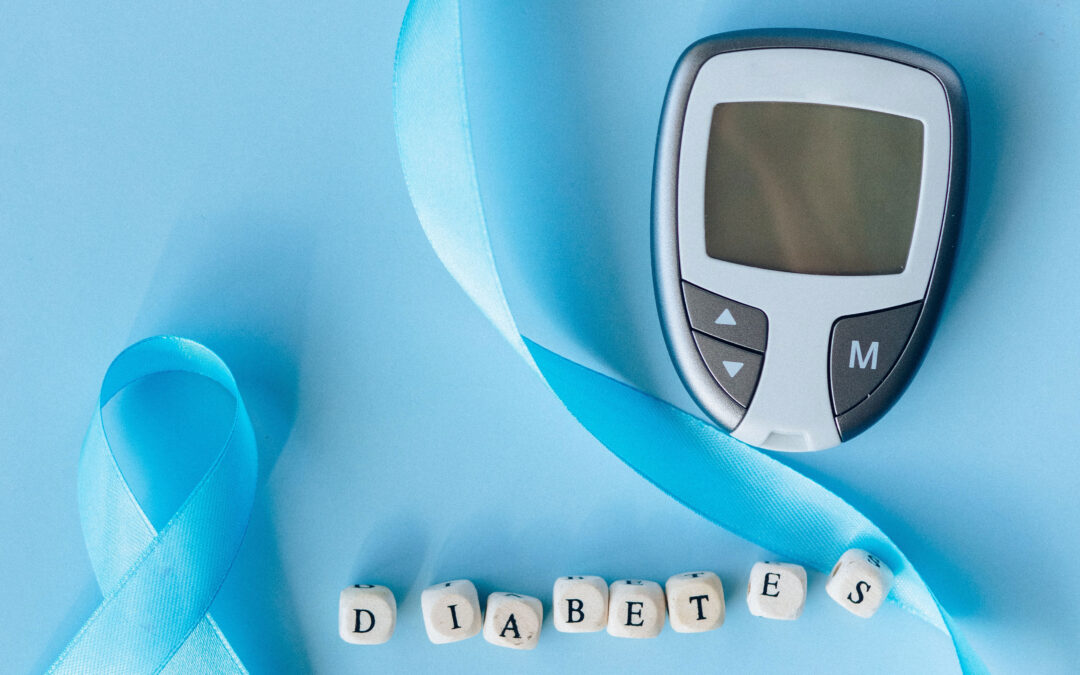According to the American Diabetes Association, more than 37 million Americans have diabetes and another 96 million have prediabetes. We owe it to ourselves and our families to learn how to better manage and even prevent this all-too-common disease.

Diabetes is a chronic health condition that affects the body’s ability to turn food into energy. There are three main types of diabetes – type 1, type 2, and gestational.
In type 1 diabetes, the body does not produce insulin. Type 2, the most common form of diabetes, means the body does not use insulin properly. With gestational diabetes, hormones can sometimes block the pregnant mother’s insulin, creating insulin resistance.
The body’s main source of energy comes from the food we eat. Insulin, a hormone made by the pancreas, helps deliver blood sugar (glucose) to your cells to be used as energy.
“When a person has diabetes, their body is not only unable to produce enough insulin to control the amount of blood sugar, but also the insulin that is made is not as effective in helping the body maintain a normal blood sugar level,” commented Paul Abbo, M.D., an internist at Weiss Memorial Hospital with an expertise in diabetes management and treatment.
Taking steps to manage diabetes is essential to maintaining good health. Over time high blood sugar levels can lead to many serious health conditions, including heart disease, stroke, kidney disease, loss of vision, or painful numbness in the feet.
“Often, these heath conditions are permanent and will not go away even if the blood sugar is subsequently controlled; that’s why preventing them from occurring in the first place is so important,” added Dr. Abbo.
It’s imperative to recognize the common symptoms of diabetes. Frequent urination, extreme thirst, excessive hunger, intense fatigue, blurred vision, changes in weight, and slow healing of cuts and bruises are signs of being diabetic.
If you notice any of these symptoms, it’s important to see your doctor and have your bloodwork done. Diabetes can be diagnosed though simple blood tests.
Dr. Abbo advises the best way to treat diabetes is to stay in shape. “It’s important to maintain good physical fitness; this can be done by walking every day or any other activity that involves moving, such as swimming, or stair stepping. Other ways include seated exercises for those who have trouble getting around on their feet,” he shared.

Eating a healthy diet also is extremely important. “Avoiding processed food and foods that are high in simple carbohydrates can go a long way to helping manage diabetes. Try to keep a diet consisting of a variety of vegetables, fruits, whole grains, nonfat or low-fat dairy, and protein such as lean meat, fish, eggs, nuts, and beans,” said Dr. Abbo.

If your blood sugar remains elevated, there are many effective and safe medications available to treat diabetes. These can include oral medications as well as injected insulin and other types of treatments that can lower the blood sugar to safe levels that will not promote injury to the body’s organs.
By living a healthier lifestyle you’ll not only reduce the chances of developing diabetes, but you’ll keep you blood glucose level in check, lose weight, have more energy, and possibly prevent or delay diabetes-related health concerns.

